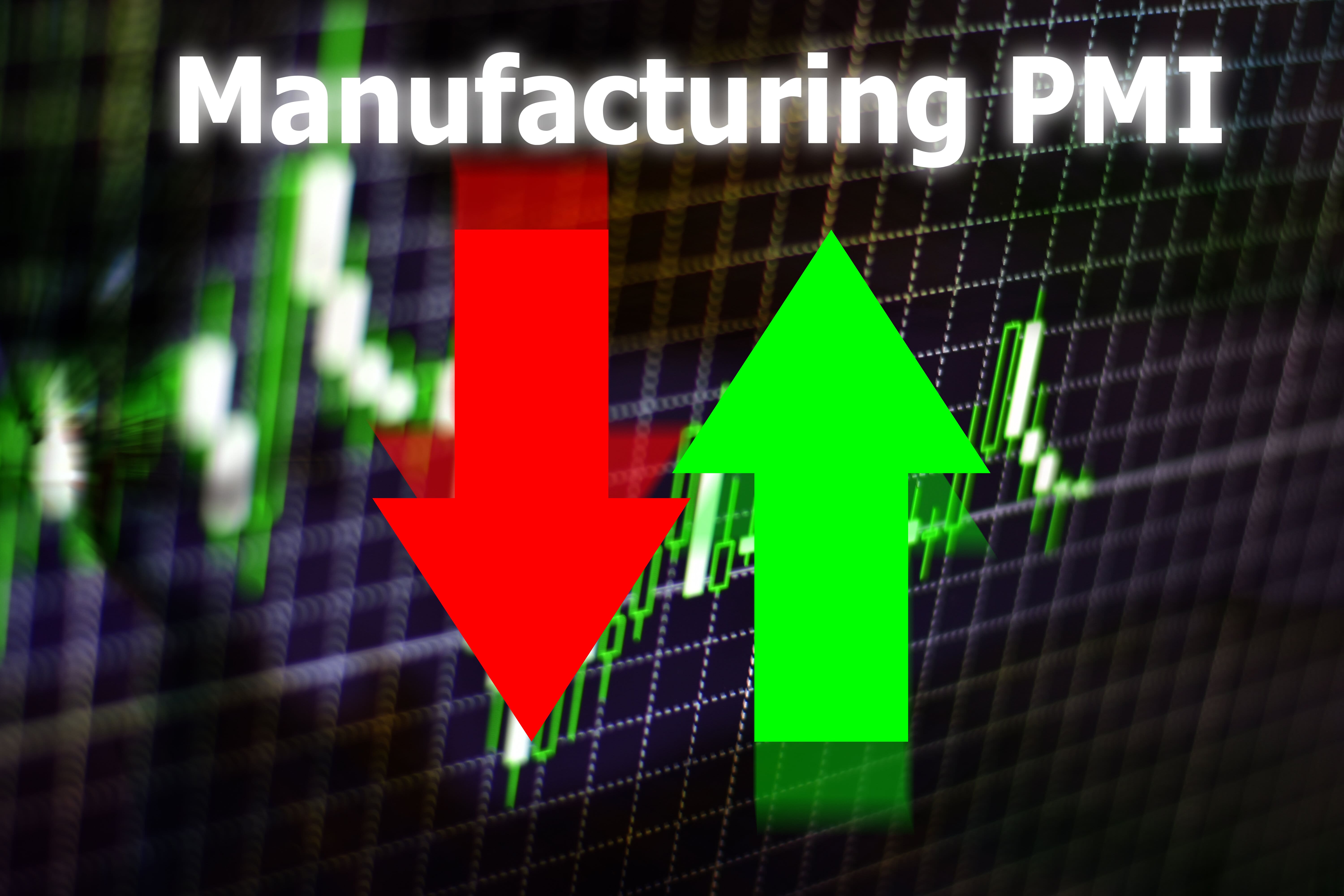The Future of the UK Manufacturing Sector
There is no question that the UK manufacturing sector has been hit hard by the Pandemic. Many in the sector have had to implement drastic actions to reduce costs as turnover fell to an extraordinary low. Now, as the recovery phase begins, the manufacturing sectors and sub sectors are bouncing back!
Even with Covid-19 officially being declared as a global pandemic on the 23rd of March 2020, the manufacturing industry remained stoic and resilient for as long as it could. It wasn’t until the number of orders from designers and engineers declined, that some businesses were forced to close and employees had to stay at home. Overall though, many manufacturers remained open during the pandemic redeploying their staff and materials finding creative ways to utilise their skills and experience, maintaining a revenue stream while also helping to combat the pandemic. A key example of this is the speed with which UK manufacturers responded to the fear of insufficient ventilator supply. Some were able to repurpose their extra capacity to aid in the production of parts that may not have been produced otherwise. Many then went on to produce all manner of PPE equipment fighting the pandemic with a practical and valuable approach. The ingenuity being a credit to the industry.
Manufacturing future in the UK -
The complications caused by Covid are responsible for the worst slump in employment in the manufacturing industry in over 11 years. In order to offset financial shortcomings, actions have been taken in this sector to refocus business, maximize cash flow and ensure the balance sheets are as strong as possible in an attempt to secure recovery. One of the first detailed studies of the effects of Covid on manufacturing cited that it is likely to take until 2022 for full recovery at a potential cost of 35.7 billion in Gross Added Value alone (Make UK).
However, the signs are looking good! The Purchasing Manager’s Indexes (PMI) are indicators of the state of the economy based on evidence gathered from monthly surveys of private sector companies. The UK manufacturing PMI was upped to 58.9 in March which was an increase of the estimated 57.9 (Markit Economics). The difference between the PMI in February and the PMI in March showed the largest improvement in a single month since February 2011, so lots to be optimistic about. The effects of mass vaccination as well as the slowly increasing demand in both national and international markets have contributed to this encouraging improvement. In fact, there had been a surge in manufacturing output taking it to a high not seen since November.
The road back to where the industry was pre-Covid will be long but there appears to be a growing understanding from those in power that to build a better Britain there must be a strong manufacturing basis at its core. Covid has given the sector an opportunity to come back stronger than ever with a new insight into how manufacturers can diversify their customer base. It will not be easy, but the manufacturing industry has a steely determination to succeed and succeed it will.
Staffing during this resurgence in growth is key to the industry succeeding and this is where Cooper Golding can assist from shop floor to top floor. Why not give one of our consultants a call on 01271 349745 if you require assistance on the state of play of talent in the sector. We will be happy to help.








